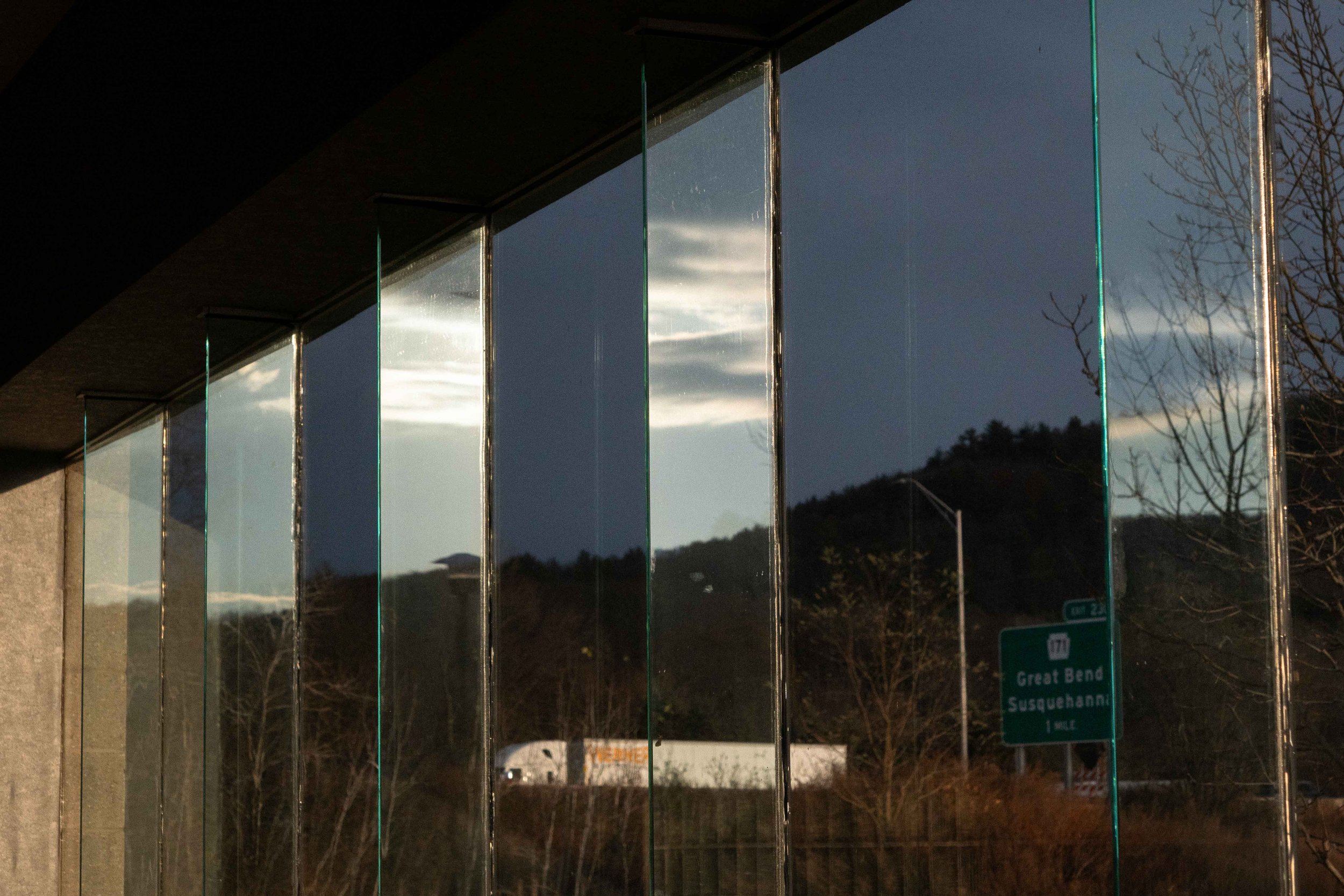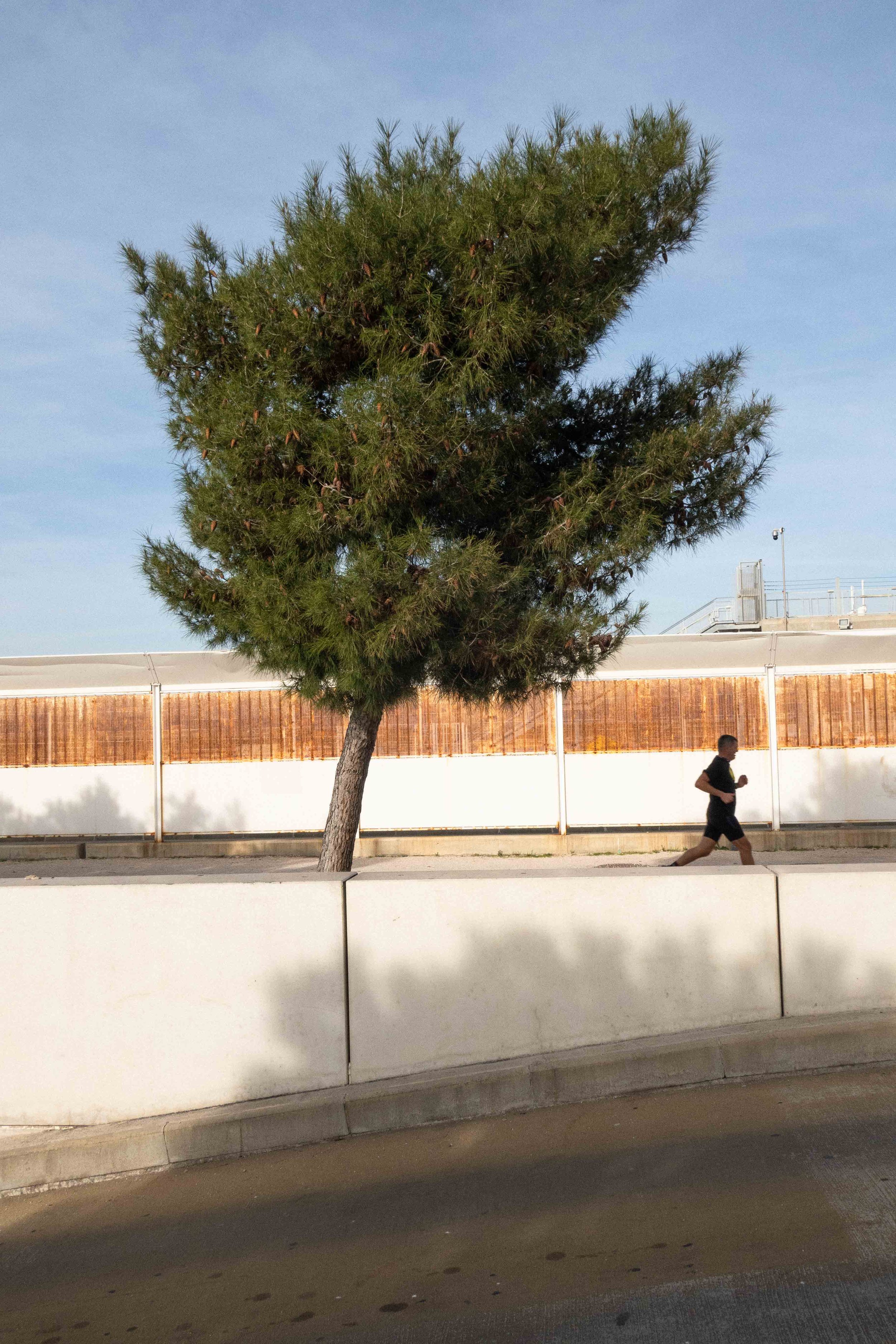Book
I’m writing a book! Writing it feels similar to those first few weeks after having a baby when I thought, “HOW HAS THE HUMAN RACE SURVIVED THIS LONG? DOES EVERY PARENT GO THROUGH THIS?” Incredibly hard and surreal, but also, so I hear, entirely possible.
A SNEAK PEEK ↓


COMING
2025
“I’ve got the “Sunday Scaries.”
“Ugh, Mondays are the worst.”
“Is it only Wednesday?”
“TGIF!”
It’s a refrain so common we don’t bother to question it. Kids don’t make it to 2nd grade without picking up the tune. But why should it be that way? Why should we wish away 5/7ths of our lives until we retire?
We don’t need to continue working as we have been. We don’t need to spend Saturdays recovering from work and Sundays preparing for it. We don’t need to disappoint our families and friends because the only energy we have for them is what’s left over after work takes its share. We don’t need to wish away our time while shortening it—haven’t you heard that sitting is the new smoking? We don’t need to dress up in suits and business masks, pretending and performing and dreading the thing that should fulfill us. It’s not necessary, and it’s not good. There are other ways to build our lives and organizations, if only we are brave enough to try.
I believe work should be a source of joy—one of many in our lives.
I know it’s possible because it’s true for me. It only took leading dozens of consulting engagements about employee experience, one personal tragedy and subsequent existential crisis, and my daughter telling me, “YOU’RE NOT DOING YOUR BEST!” when she caught me turning two pages at a time of her bedtime story so I could get back to work sooner, but here I am: genuinely happy in my work and my life.
Well… you know, except for the days I’m still a work-in-progress. To paraphrase Richard Bach, I teach best what I’ve most needed to learn.
This book is for anyone who is feeling burned out or like they have more to offer the world. For senior executives who want to lead extraordinarily successful AND extraordinarily human businesses (and enjoy themselves while doing it). And for people/HR leaders who are tempted to get “No good deed…” tattooed on their arm but have hope for a paradigm of work that is based on more than the notion of “human resources.” It’s for anyone who believes that no one on their deathbed wishes they’d spent more time at the office, but equally believes those people are probably pretty happy that they’d spent some time at the office. If you’re a workaholic and like it that way, I wish you lots of coffee and luck in finding a different book.
I’ll also note upfront that this isn’t your average business book.
The vast majority of business books will try to convince you of something through persuasive argument alone. But I think that leaves quite a lot on the table! We are more than reasoning machines, and to truly try on a new point of view, we need to experience it.
In this book, in addition to some good old fashioned reasoning, research, and client examples, I’ll invite you to move, try to make you laugh, give you a token to carry around, offer a puzzle to solve, and present an obituary for a practice that is no longer serving you. There will be exercises for leadership and people teams endeavoring to make work better, along with reflection practices for individuals. There will be business poetry. Comics. And field trip invitations. All diverse, yet cohesive.
You can think of each segment as a thought chocolate. Experiencing each should be a pleasure. They will have different flavors and take you to different places, and are meant to be savored. Because whether we’re working or reading a book, all we have is the journey—and it should be a good one.
We begin by looking at the assumptions underlying our relationship with work.
Behind every comment about being exhausted by Friday is a belief that work is fundamentally extractive
—that we empty ourselves for our employers in exchange for money; that we grin and bear the exhaustion so we can refill ourselves on our own time.
Most people faced with a terminal illness would eagerly trade all their dollars if it meant more time with their friends and family. And yet, in health, we so often trade our time with friends and family for money—and as we do, we wish away our days.
Indeed, we work for money. Everyone needs a living wage, and making that a reality is a book for a socioeconomic expert to write. What I’ve become fascinated by is why those who have earned enough to have all the necessities of life are still unhappy in their work, their life, or both.
It’s not any one person that’s stuck in this trap—it’s a system, a culture, a lexicon, a shared belief that “work sucks” and we spend our time the way we’re told. In childhood, school bells drive our days, and when we grow up, our calendars become our overlords. We start to use words like “time off” and “break” as if work is our default mode and any time not working is time “away.” We ask each other if we feel “refreshed” after coming back from a “well-deserved vacation” as if the vacation existed only in relation to work—a reward for a job well done, or a means of refueling to do more work upon our return.
What a terrible way to think about our lives AND our work!
I don’t want it to be that way, and I dare say, you don’t want it that way either. Perhaps surprisingly, companies shouldn’t either—and they’re catching on. The number of consulting engagements about employee experience, the future of work, and what to do with those quiet-quitting Gen-Zers has skyrocketed. While the war for talent may ebb and flow with the unemployment rate, the battle for top talent is always hot.
The irony is that if individuals are given the opportunity to work and live intentionally, organizations just might come to realize they had more top talent all along—that their people were just tired and a little resentful before.
I built my career on the premise that the human experience of work could be categorically better; that work is nothing more than how we make life better for others—and that is a beautiful thing. So I went and got a master’s degree in Learning and Organizational Change so I could be properly nerdy about the subject. For many years, I was the CEO of NOBL, an organizational design and change consultancy focused on new ways of working. Today, I am a senior advisor at SYPartners, a transformation consultancy working with leaders from Fortune 50 CEOs to heads of state as they build organizations designed for both performance and humanity. I’ve given keynotes around the globe about the human experience of work and change. And I’ve grown teams that are as warm and vibrant and caring as they are impactful.
But what has meant the most—and where I have learned the most—is my own grappling with how I want to spend my days.
In January 2022, I had been CEO once already in my career and was intent on doing it again. I was addicted to late nights of work and my own high performance, despite the grind to Friday. I was so good, I could even read a bedtime story twice as fast as the average parent. And that’s when I learned that my mother had terminal cancer.
As an only child, I took immediate leave from work and devoted myself to her care, as well as that of my dad, who already had dementia. And I vowed to never again wish away my days. So if I were ever going to return to work as I hoped to, I had only one option: ensure work is a source of joy—one of many in my life.
Because I’ve learned so much along my own journey, and because I have insight into the leadership perspective of creating joyful cultures and employee experiences, it seemed time I wrote a few things down—hence this book.


In an effort to describe this better version of work, I penned the list below: principles for good work within a good life.
I fully believe individuals are capable of making each ever-more true for themselves, just as leaders are capable of making each ever-more true for their people.
Most work, most days, should be fun.
Your brain works just as well whether you’re wearing a suit or stretchy pants.
It helps if you have a good time with your team.
Keep it cool. We’re all in it together.
Quality work and thought are gold.
Don’t let busyness sabotage it.Never forget you’re an outdoor cat.
Work should never trump bedtime stories,
a promising hot date, or your health.Get good at life, not just work.


Subscribe to the Newsletter!
A few recent posts:
-
Expecting above is just not nice—because you only paid for even and within
-
The benefits of a cozy team—because who doesn't love pumpkin-spiced collaboration









